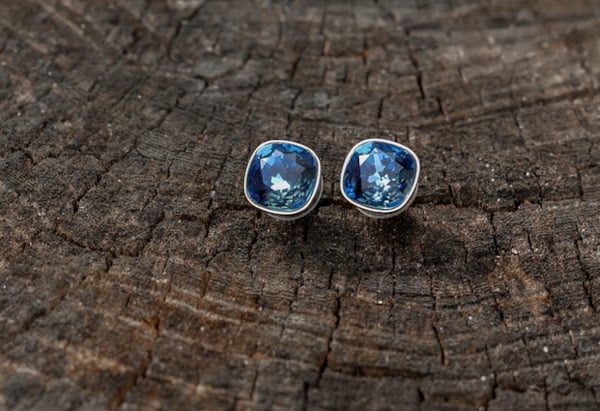Kindergarten boy may pursue sex-bias claim after expulsion for wearing earrings, 10th Circuit says

A federal judge applied the wrong standard when he tossed a sex-bias lawsuit filed on behalf of a 5-year-old boy who was expelled for wearing blue stud earrings to kindergarten, a federal appeals court has ruled. (Image from Shutterstock)
A federal judge applied the wrong standard when he tossed a sex-bias lawsuit filed on behalf of a 5-year-old boy who was expelled for wearing blue stud earrings to kindergarten, a federal appeals court has ruled.
The 10th U.S. Circuit Court of Appeals at Denver revived the suit filed against the Rocky Mountain Classical Academy, a public charter school in Colorado Springs, Colorado, that allowed girls but not boys to wear small earrings to school.
Courthouse News Service covered the April 30 opinion, written by Judge Joel M. Carson III, an appointee of former President Donald Trump.
The decision revived claims for alleged violations of the 14th Amendment’s equal protection clause and Title IX of the Education Amendments of 1972.
The federal trial judge wrongly evaluated the equal protection claim using a “comparable burdens” test, the 10th Circuit said. The test allows sex-specific dress codes if they impose comparable burdens on men and women alike.
The judge should have used intermediate scrutiny, the appeals court said. It permits the government to use a sex-based classification if it is “exceedingly persuasive” and if it serves important governmental objectives through means that are substantially related to those objectives.
The school will now be given a chance to show that its dress code is allowed under an intermediate scrutiny analysis. Whether the comparable burdens test should be part of that analysis is not an issue that should be addressed at this point, according to the 10th Circuit.
The boy’s lawyer, Igor Raykin, told Courthouse News Service that no important government objective restricts the wearing of jewelry or clothes to only one gender. Raykin hopes that the opinion will create rights for transgender students forced to navigate school dress codes.
“The fight was to have equal protection for any gender to dress however they want to dress and not face consequences for how they dress,” Raykin told Courthouse News Service.
Write a letter to the editor, share a story tip or update, or report an error.



